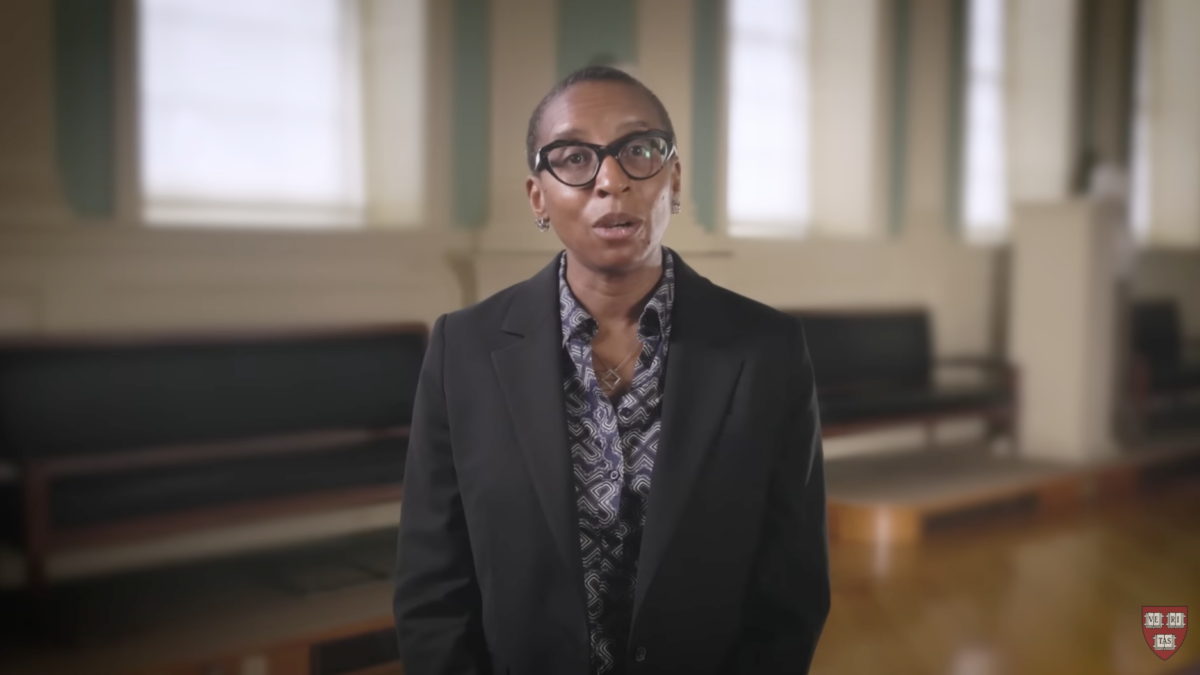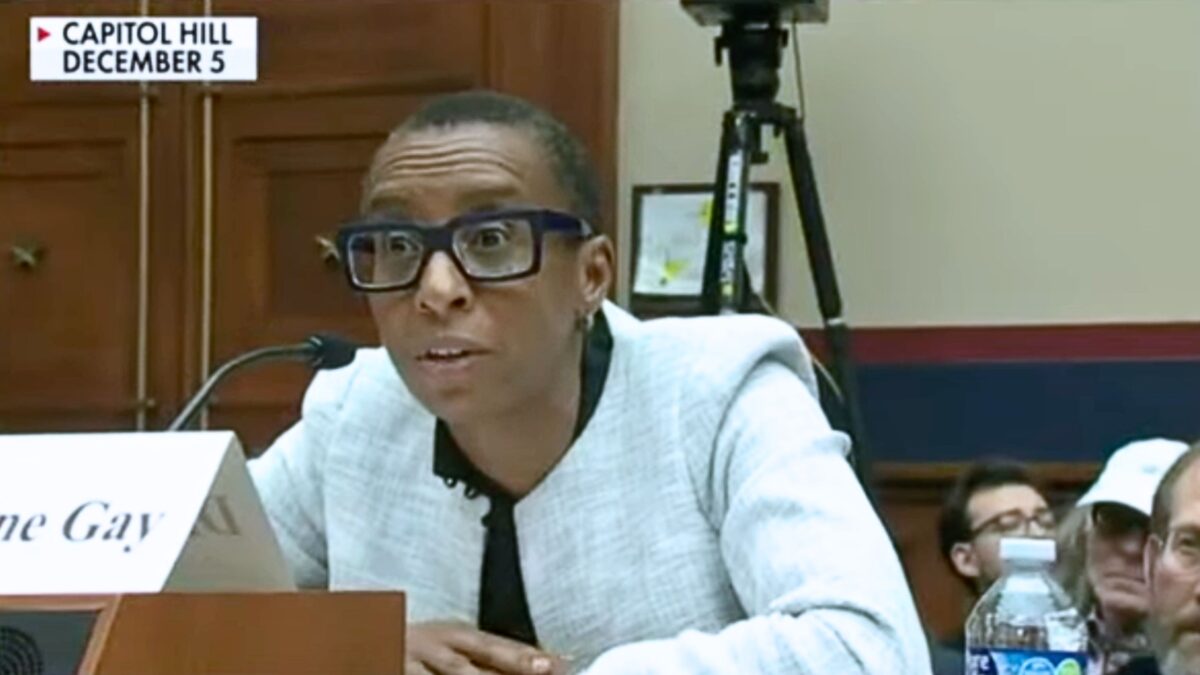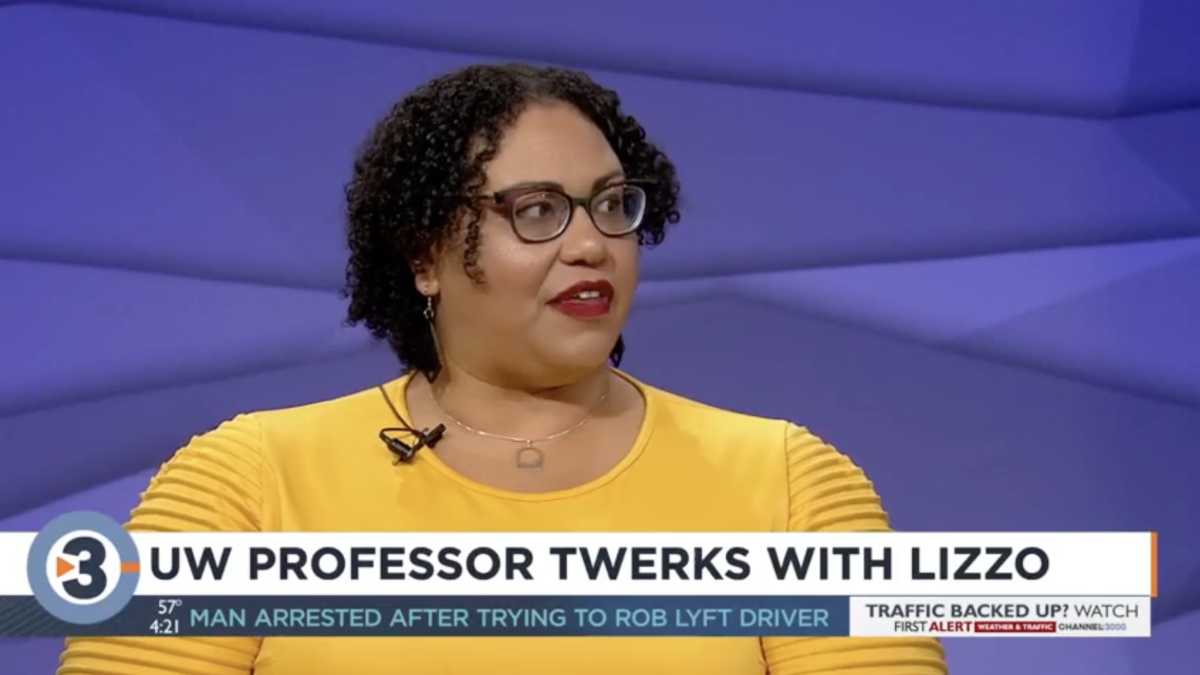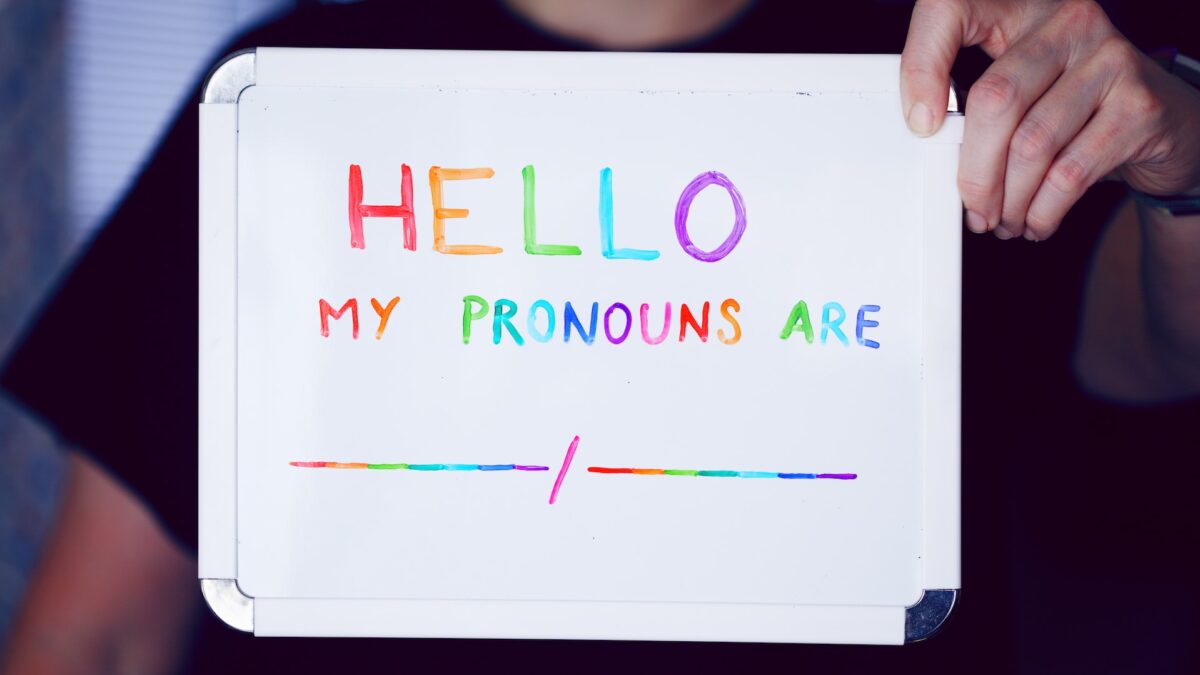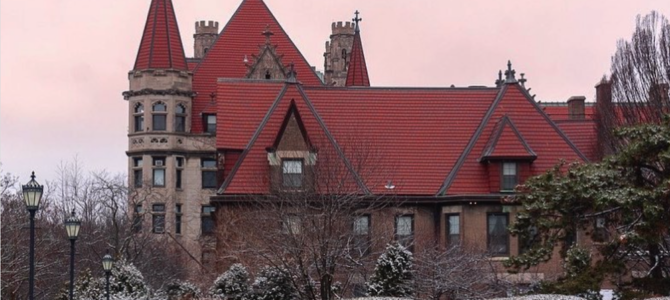
An article titled “Instructing Insurrections: How UChicago Can Avoid Creating the Next Ted Cruz” was published on Sunday in “The Chicago Maroon,” a nearly 130-year-old left-wing student newspaper at the University of Chicago.
Replete with obnoxious Ivy League elitism, the article reads like an instruction guide on how to undermine the university’s renowned “Chicago Principles,” which guarantee free speech and open discourse on campus, and how to gaslight conservative students in the classroom. It is also a direct attack on the “Chicago Thinker,” an opposing conservative student newspaper I co-founded this summer, which is the sole voice on campus deviating from its woke orthodoxy.
“We’ve seen the consequences of elevating hateful rhetoric—we have seen it now in the highest echelons of power,” writes student author Kelly Hui. “It begins in our classrooms,” where the Ivy-educated Cruzes and Josh Hawleys “are given the tools they need to acquire and keep power, even if it means promoting fascism and white nationalism.”
“The next Ted Cruz could be walking through the quad right now,” warns Hui. “The future Josh Hawley might be playing devil’s advocate in your [sociology] class. We can prevent such radicalization by reexamining the Chicago principles and prioritizing safety over absolute free speech.”
Horrifying, right? Conservative thought leaders mingling and learning at American’s most distinguished academic institutions, staining their good names and inciting violence with, God forbid, words.
Campuses Purged
In the wake of the left-wing purge of conservative ideas from virtually all public platforms, this is your daily reminder that it isn’t just leaders in the conservative movement being silenced; it’s everyone. Being an undergraduate student at the University of Chicago, I have an up-close and personal understanding of this kind of left-wing cancel culture and intellectual intolerance.
Last March, I participated in a digital initiative of the University of Chicago’s “nonpartisan” Institute of Politics, called “I vote because…” in which students posed with a small whiteboard stating their personal reasons for voting. I wrote, “I vote because the coronavirus won’t destroy America, but socialism will.”
For opposing socialism, I received an onslaught of online hate and real threats of violence. My peers attacked my character, intellect, family, and appearance. I was called a racist and a xenophobe, compared to animals, and told I deserve to be bullied and that I don’t belong at the University of Chicago on account of my beliefs. When I received a death threat from one of my classmates, I decided to write an op-ed, sharing my side of the story and defending what I wrote on my whiteboard.
The summer after the incident, my friend Audrey Unverferth and I decided to launch a conservative newspaper on campus. Acutely aware of the breakdown of free speech and intellectual diversity, we created the publication with a clear objective: “to defend conservative and libertarian perspectives in a community that is increasingly intolerant of such voices,” as stated in our mission statement.
From the inception of our launch, we received aggressive pushback on social media from the leftist student body. The hate is persistent and increasing. Our commitment to “defend[ing] both limited government and the Jeffersonian notions of life, liberty, and property,” has been smeared by leftist buzzwords.
Fellow writers at the “Thinker” and I are used to labels such as racist, white supremacist, bigot, xenophobe, and transphobe, which leftists routinely use to silence anyone who challenges their worldview. Now, taking cues from House Speaker Nancy Pelosi, Big Tech, and the corporate media, Hui has added “insurrectionists” to the ever-growing list.
Free Speech ‘Reimagined’
Hui’s article makes things clear: Amateur journalists at a small-time, student-run newspaper are not exempt from the same attacks being lodged at big-time conservative leaders. No one is safe. No matter who you are, as long as you dare to think differently, you will be punished.
“My peers at the Thinker may think me hypocritical … for wanting to reimagine free speech on campus,” writes Hui, who really means to abolish the principles, not reimagine them. “[M]y words,” she continues in reference to her own opinions and writing, “do not do any harm. They do not inspire hate or fear. In short, they have no capacity for violence.”
What she means is that left-wing opinions, like her own, are unproblematic, but that the sole conservative voice on campus, the “Chicago Thinker,” is harmful, inspires hate and fear, and has the capacity for violence.
Once upon a time, violence used to mean physical force. In the woke world, which the left is successfully blurring with the real world, violence is verbal or written. “[W]e are seeing,” writes Hui, “how the latent violence wrought in language can speak (or tweet) violence and death into the world.”
“[W]e must recognize,” Hui continues, “how an emphasis on free speech, which is so often used as a right-wing talking point, opens up room for bigoted language and bigoted actions, and how university administrations—including our own—enable this. In a post-insurrection society, we must reexamine the Chicago principles and find a way to balance freedom of academic inquiry with protecting our marginalized students and creating an inclusive community for all.”
The “Chicago Principles” represent the university’s claimed commitment to protecting free speech and encouraging open debate. They are a defining characteristic of the University of Chicago, what I wrote my college essay on, and why I chose to attend the school. So how does Hui plan to squash U-Chicago’s famous ethos? By “disinviting pseudo-Nazis and fascists from campus,” which is really code for anyone the left disagrees with.
Hui uses Steve Bannon as an example of who should be excluded from the campus dialogue. We know that Hui and others don’t just mean some conservatives, like Bannon, should be banned. They mean all conservatives. Ben Shapiro, one of the most measured and reasonable voices in the conservative movement, for years has been barred from universities and subject to woke name-calling, which ironically includes “antisemite” (Shapiro is an orthodox Jew).
Elitists Exposed
Hui also calls on her peers to delegitimize “xenophobic thinking when it is masked as ‘debate and deliberation’” in the classroom by calling it out, disengaging from discussions, and “actively voicing to the speaker and the professor the harm that they do.” This means students should bully their conservative peers into silence with the aforementioned buzzwords and encourage their teachers to do so as well. This, of course, has the desired effect of forcing conservative students to self-censor in one of the only places solely dedicated to open debate and discussion.
“[W]ith its ‘Chicago principles,’” writes Hui, “our school has become a leader in framing hateful rhetoric as par for the course in the pursuit of free speech. These principles bolster and enable the next Ted Cruzes and Josh Hawleys and harm marginalized students, who are told that their rights—their very humanity—are up for debate.”
Hui wants to demolish the “Chicago Principles” because they permit the expression of ideas and opinions that she does not agree with and that her coddled mind can’t handle. She and the rest of woke academia are disguising their own fears by claiming that open debate and free expression, protected by the principles, “propagate white supremacy by justifying racism as intellectual discourse.”
“It is not that [Hawley’s and Cruz’s] education failed—their education did exactly what it was meant to do,” writes Hui. “It prepared two budding conservative minds to go forth into the corridors of power—to disguise bigotry as love of country, hate speech as meaningful debate.”
In essence, what Hui really desires is for the liberal reputations of top-ranked leftist schools, such as the University of Chicago, not to be in any way stained. To her, this is not possible if esteemed institutions produce conservative thought leaders. I do have to thank her. She put into explicit words what many on the left have tried to deny: American universities are vehicles of indoctrination, not education.
Her argument is also a perfect example of the grotesque elitism that is poisoning the discourse in our country. Hui, a college freshman, is entrenched in her own self-importance and blinded by the nauseating self-referential prestige the University of Chicago holds among America’s educated elites. Her older mentors in the system know how to mask their own arrogance and pretend to be sympathetic to the working-class commoners that live outside the ivory towers. Hui is young and hasn’t learned the ropes yet.
In many ways, that’s what makes her article so very special. Young, vainglorious, and refreshingly honest, Hui has inadvertently exposed the terrifying intentions of her role models in the American Ivy League gentry class, who seek to squash conservatism (which they deem repulsive and unfashionable), the free speech ethos of the university system, and intellectual diversity in our country.
This story was originally published in the Chicago Thinker.


